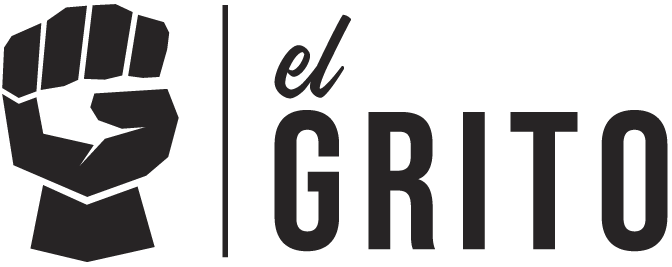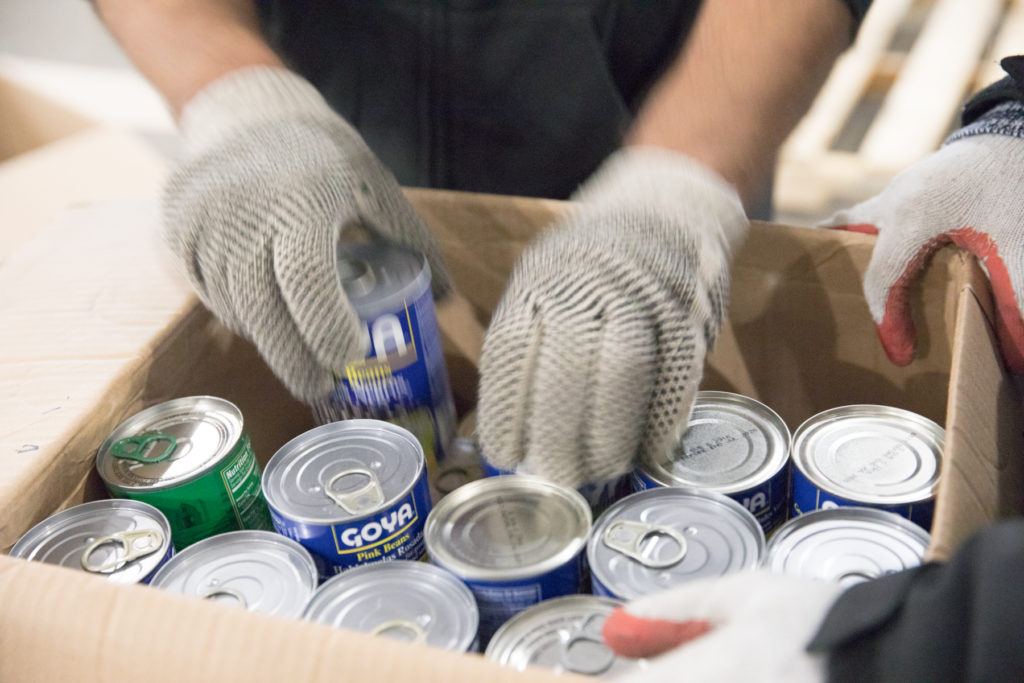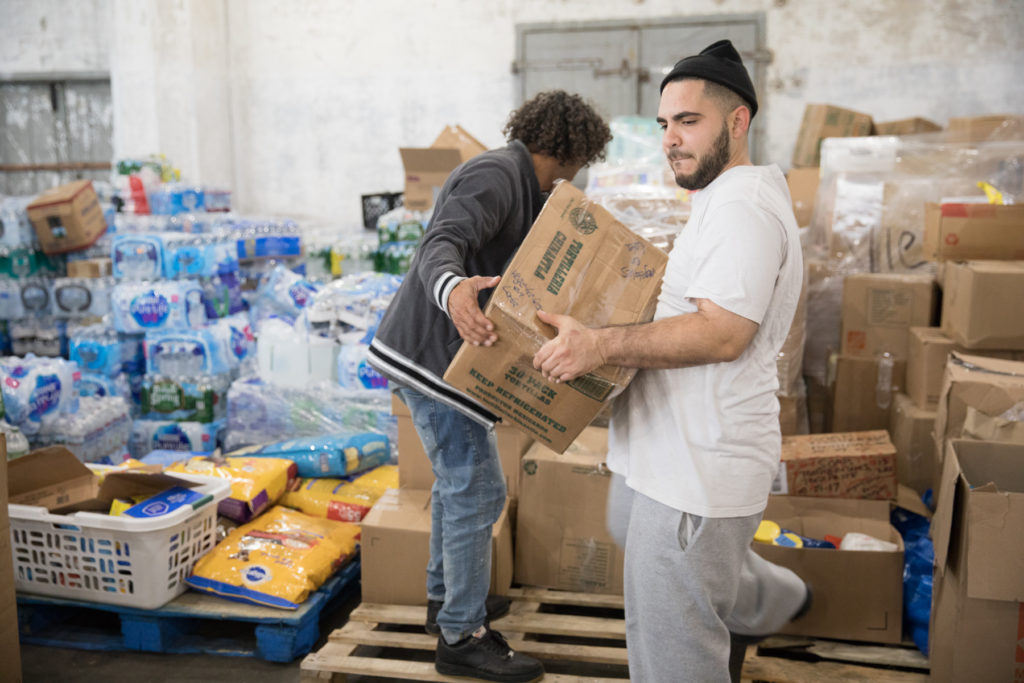resilience in the face of hostility
History of El Grito:
“Gritos” have historically been battle cries for political freedom or moments of remembrance. There have been several Gritos throughout Latin America, each one expressing the people’s need to take collective action for their independence, to denounce injustice and as a call to action. Starting in small towns and eventually spreading to create larger liberation movements, a Grito is not limited to one place or time – it is a constant autonomous push for the community’s economic, cultural, and physical sustainability.
For generations, marginalized communities of color have endured abuse at the hands of police, landlords, and employers, as well as neglect from the officials and systems that should be holding them accountable. In New York, the hyper-criminalization of poor Black and Latinx neighborhoods – which began to ramp up in the 1990’s through the beginning of Broken Windows policing – enabled the brutalization of families and neighbors alike; literally breaking up the community with arrests and fines. In Sunset Park, Brooklyn, the aggressions were often directed at the neighborhood’s Latinx population, largely of Puerto Rican descent.
Dennis Flores, long-time resident of Sunset Park, witnessed and documented these abuses for years. As a longtime anti-police brutality activist, Dennis had been documenting encounters with police since the mid-1990s – a tactic known as “copwatching.” In 2002, Dennis, a high school peer counselor, had been assaulted and arrested by police for photographing them as they harassed youth after school.
As police aggression escalated, so did the need for more copwatching efforts and community trainings. By 2002, El Grito was organizing “Know your rights” workshops in the community, both for english and spanish speaking residents, connecting legal advocates to people facing police harassment.
In Sunset Park, which has a large number of residents of Puerto Rican heritage, El Grito realized that police would routinely crack down on the night of the Manhattan Puerto Rican Day Parade in June. As parade-goers would return to Sunset Park to continue the festivities, the local precinct would engage in aggressive, zero-tolerance policing throughout the neighborhood. El Grito organized copwatch patrols to document this abuse in an effort to reduce incidents of excessive force or unlawful arrest.
In the face of continued hostility, Dennis also began organizing periodical Gritos in the form of street events with live Puerto Rican folkloric traditional drum and dance, which include Bomba y Plena. Over the past 18 years, these Gritos became an opportunity to document the community, its celebrations, its cultural pride, and its resilience against police abuse and political exploitation.
Through these Gritos, neighbors and activists joined the efforts to watch the police and build a safer community. By filming police, documenting patterns, and sometimes obtaining evidence that would exonerate neighbors of false charges, El Grito grew into a community-based organization in 2014 and was incorporated as a non-profit in 2017. This was not planned but rather the natural result of a need for sustained organizing and self-defense against those who abused their power.
Hurricane Maria Relief in Puerto Rico:
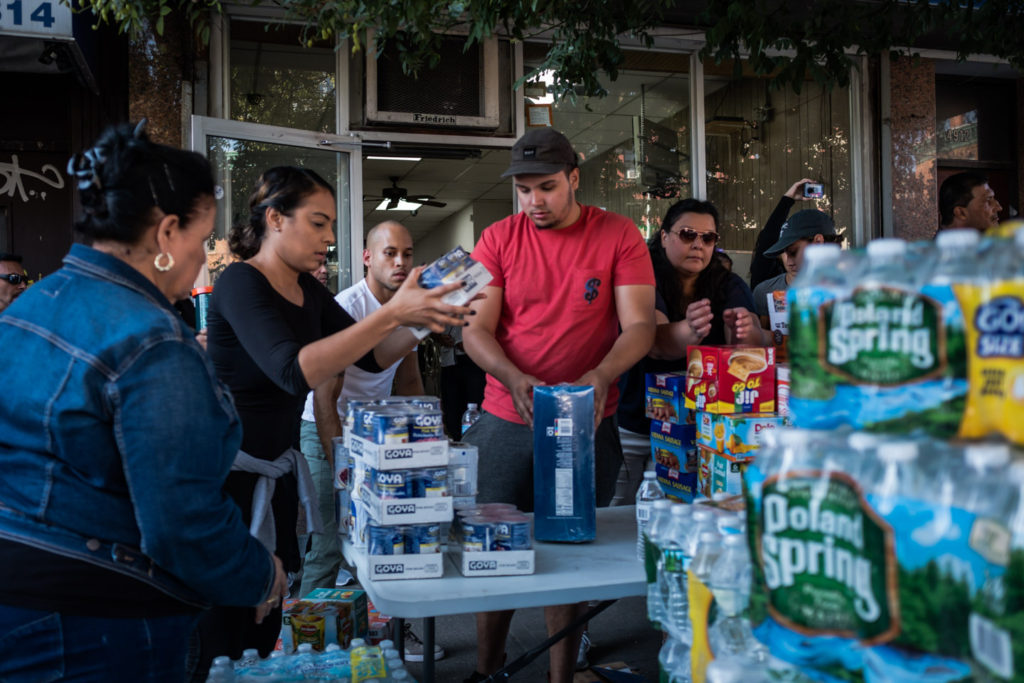
After Hurricane Maria, El Grito led a major relief effort on the island of Puerto Rico. In collaboration with groups and individuals on the ground in Puerto Rico as well as members of the diaspora in New York, El Grito coordinated food, medicine and supply donations that were stored in a warehouse in Brooklyn, organized and then flown and shipped to Puerto Rico. This type of relief work involved careful logistical planning amid an absolute human catastrophe. The work was made possible through El Grito’s hard-won credibility in the community both here at home and also on the island.
Sunset Park annual Puerto Rican Day:
Puerto Rican Day Parade is New York City’s largest parade celebrating the pride and culture of the Puerto Rican community. For over fifteen years, every year on this day, in Sunset Park, Brooklyn – as New Yorkers of Puerto Rican heritage head home to continue celebrating with families, friends, and neighbors by waving flags, blowing whistles together, sharing pride – they had been confronted by an oppressive and cruel police presence mandated to arrest and charge people with a wide range of “quality of life” violations.
At a time that was meant for celebration, families that had already historically been subjected to police misconduct and brutality, consequently ended up with a family member falsely charged and sometimes put through the system. Police viewed our celebrations as disturbances and our right to assembly as loitering. Most of those charges were dropped, showcasing instead a lawless show of force by police that was about intimidation.
El Grito, which has organized copwatch patrols in Sunset Park to document police actions during these celebrations, decided to organize its own parade in the neighborhood: the Sunset Park Puerto Rican Parade. Now entering its 6th year, this local parade is a celebration of Puerto Rican culture safe from police harassment as the result of the festivities being permitted and the streets being preemptively closed. Instead of parade-goers returning from the Manhattan parade to be greeted by police harassment, they now had their own parade largely free of the intimidation tactics of the past.
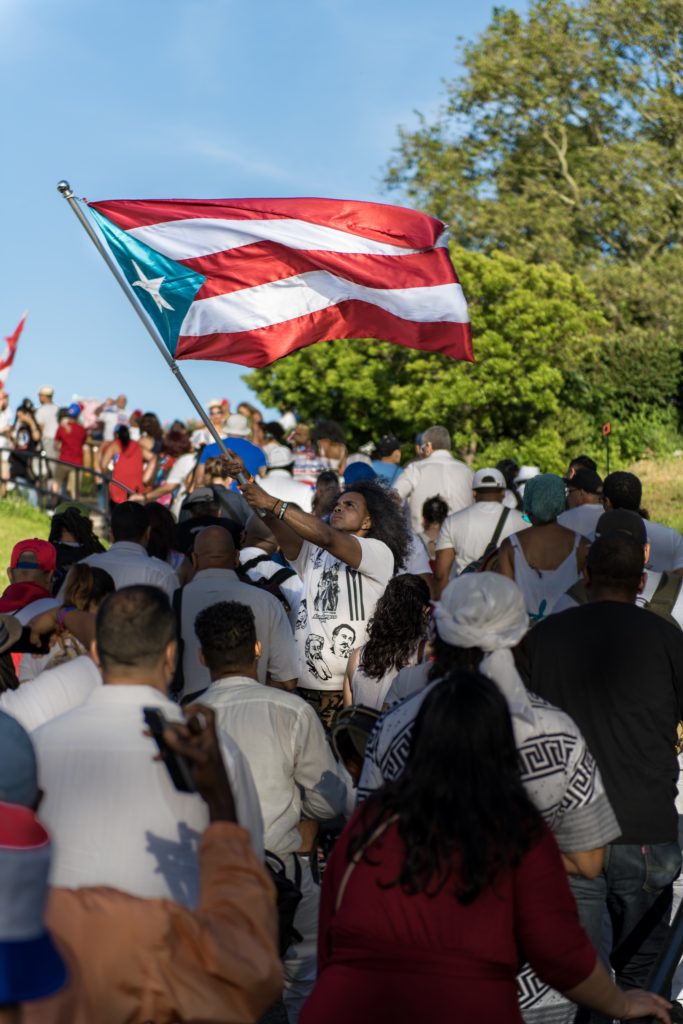
Participatory Defense:
From 2016-2018, El Grito collaborated with legal organizations in Brooklyn in the Participatory Defense program, which facilitated the active support of family and community for someone going through the court process. This model, pioneered in the Silicon Valley area of California by an organization called SV-Debug, can have a critical impact on determining the outcome of a court case and helps garner ongoing support and resilience in the face of hyper criminalization that communities of color often face.
El Grito organized with affected community members and a public defender organization to assist in defense preparation, as well as countering the sense of isolation felt by people facing criminal charges – especially those in custody. Participants learned how to mount a community-based legal defense; how to do the legal legwork in researching and investigating cases; how to collect evidence for legal teams, and how to build a support network.
